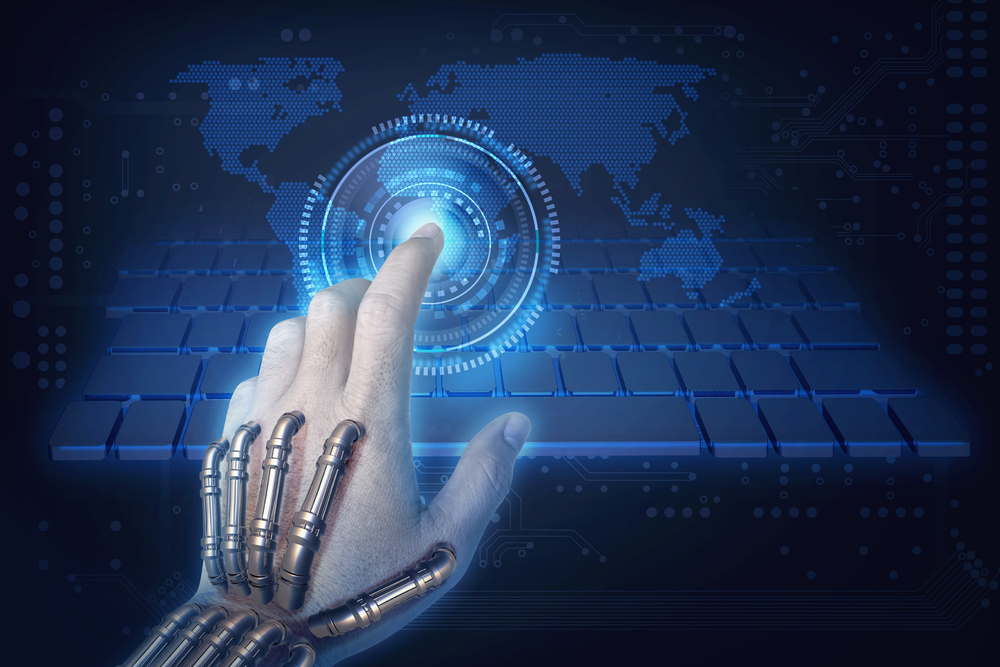NJIT, Talem Awarded $600,000 from PPMD to Develop DMD Exoskeleton

The New Jersey Institute of Technology (NJIT) and Talem Technologies will explore the potential of robotic technology to assist people living with Duchenne muscular dystrophy (DMD), using a $600,000 grant awarded by Parent Project Muscular Dystrophy (PPMD).
The two-year project is titled “Investigation of the Community Use of a New Upper Extremity Exoskeleton by Young Men with DMD” and will be led by Richard Foulds, PhD, and Madeline Corrigan, a doctoral candidate, both from NJIT.
The study will investigate ways of incorporating NJIT’s technology as an addition to a device developed by Talem Techonlogies, which works as zero-gravity support for people with Duchenne MD.
The upper-body exoskeleton (or exterior skeleton) is designed to work much like an e-bike, and could be the first of its kind to provide motorized robotic support to allow people with weakened muscles to continue to use their arms.
The study will soon begin recruiting participants from across the country. Investigators are looking for 30 non-ambulatory DMD patients who can use the device and report back on their experience.
Participants will receive a pair of wheelchair-mountable passive arm supports to use while doing their daily routines. After a couple of months, they will receive the add-on technology, an upgrade that partially motorizes their arm support.
“We will start with the passive device and then seamlessly add vertical assistance as an initial step — our studies show this is often the first degree of freedom to be limited in the case of progressive diseases — operated by force sensor, embedded computer and motor,” Foulds said in a press release.
Talem Technologies received a similar grant by PPMD in 2015, which was used to support the evaluation of the first X-Ar passive arm directly with patients.
“We believe this exoskeleton technology has the ability to spare muscle deterioration, keeping people with Duchenne stronger for longer and has the potential to assist everyone living with Duchenne,” said Pat Furlong, PPMD’s founding president and CEO.
NJIT’s technology uses an innovative robotic control paradigm, known as admittance control. Admittance controlled devices have the benefit of significantly minimizing friction and inertia and compensate for gravity more precisely, reducing the effort necessary to move a limb, particularly in vertical motion.
“Wheelchairs provide freedom for people who have lost the use of their legs to go where they want, but they don’t give them the independence to do what they want once they get there. This technology is designed to give them that independence,” said Blake Mathie, founder of Talem Technologies.






